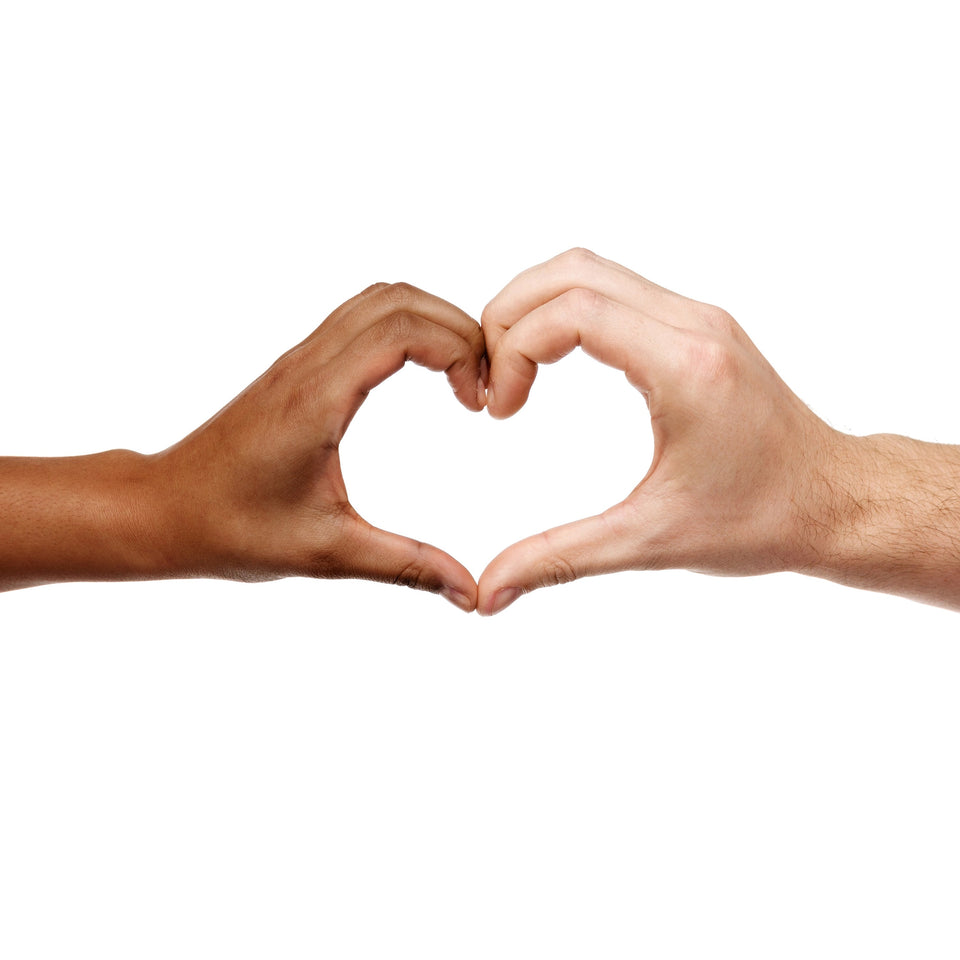- Learn Black history.
As a non-Black POC I have been busy in the last few days learning about the current issues facing the Black community and also learning about Black history. I watched Ava DuVernay's Netflix documentary, the 13th (now made available for free on Youtube) and it was an eye-opener. I knew that the prison system in the US was privatized (i.e. for profit) but I didn't realize that prisons are a source of cheap labour for many large American firms. The documentary highlights how, after the end of slavery in the US, Black people were effectively re-enslaved by criminalizing them, and then how this was taken a step further using the War on Drugs. It also highlighted the inequity in the judicial system where Black people face much longer and harsher penalties than White people and how they end up in prison for months or years (even if innocent) simply because they don't have enough cash to pay bail.
Layla Saad's book Me and White Supremacy is hard to get right now because it is in great demand but you can still get the audiobook. It's a workbook to help white people to understand their white privilege and participation in white supremacy. You can also catch her on YouTube or on Instagram (@laylafsaad). Even though I am not White, I am learning that I do have some privilege and I am benefitting from taking a step back and examining what I can do better. Also, we must acknowledge that anti-Black racism also exists amongst non-Black POC and we need to actively work in our communities to change this.
I also benefitted from the following podcasts:
- New York Times Podcast 1619 which discusses about the ways in which slavery transformed America - including its economy and its music.
- How to Be Anti-Racist - an episode of Brenee Brown's Unlocking Us podcast with best-selling author, Professor Ibram X. Kendi.
I'm reading and doing a book club type discussion with a friend on Servants of Allah: African Muslims Enslaved in the Americas by Sylviane Diouf. It sheds light on the story of African Muslims and their journey from West Africa to the Americas. Many of these individuals were actually very literate, well-travelled, city-dwellers before they were captured into slavery.
I think that Black history is a really important element of what is required for us as a society going forward. Black History Month is a good start, but what we really need is for Black history to be integrated as a regular part of mainstream education - both Black history in Canada and the rest of the world. Studying history allows us to understand the past and this helps us to understand the present. It can also help to increase cross-cultural awareness and understanding. For Black students, it helps to build a connection to their past.
2. Check your intentions.
There are many things that we can do to help the movement, including donating money and time, posting on social media and signing petitions. These are all worthy actions, but let's take a moment to check ourselves and to ask whether we are doing these things only because we truly want to help or for some other motive, such as likes or accolades from followers or for marketing. Public actions can have benefit in that they encourage other people to follow your lead. Consider taking some actions in private (i.e. without announcing them on social media) to ensure that your intentions are sincere.
3. Take effective action.
Take actions that will help to end the injustices faced by the Black community. Educating yourself is a start, but translate that into something that has impact - such as scheduling a monthly donation to an organization working to make a positive change. Correct your friends and family when they say anything racist and explain to them why it is wrong. Remaining silent makes you complicit. Also be open to correction yourself if you make a mistake and say or do the wrong thing - don't let your ego get in the way. Don't burden your Black friends with your guilt. Use your guilt to light a fire under you to make a change.
Combatting brutality and injustice toward Black people makes society better for everyone but it will require sustained action. Take a look at your own situation and make a plan for how you can contribute to meaningful, sustainable change. #committokindness
